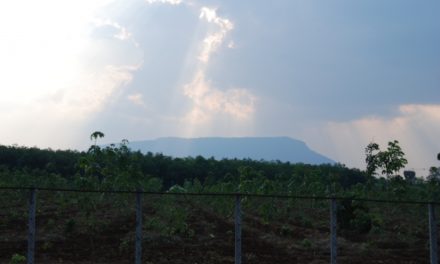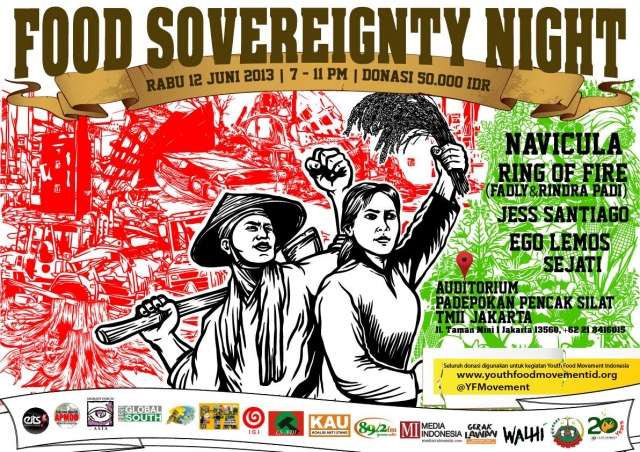In a National Consultation held in Delhi on August 7, 2004, several civil society organisations in India including major national alliances on mining, forestry, dams and hydro power, rejected the World Bank’s Country Assistance Strategy (CAS) 2004 on the grounds of:
-
Inadequate consultation process and lack of transparency while drafting CAS with the knowledge and participation of Government of India. (The Country Director, Mr. Michael Carter, went around India on purported “civil society” consultations giving in every instance just two days prior notice!)
-
Lack of due and prior information on such a critical policy document which seeks to influence the economic, political, social and environmental policies of the Government.(The Bank claimed it has disseminated the document widely, when in fact CAS was only available on its website with a commenting period of just three weeks!)
-
CAS imposes conditionality of reform and privatisation of key sectors without justification as basis of extending lending to central and state governments, and uses the rhetoric of decentralization and empowerment of local governments with the oblique motive of privatizing rural and municipal services.
-
CAS has no reference whatsoever to the abysmal failures of Bank led initiatives in critical sectors (Eg. Orissa Power Sector reforms, with a loss to the State exceeding Rs. 4,000 crores) and deliberately ignores that the electorate rejected its policies when voting out governments in Andhra Pradesh, Karnataka and Madhya Pradesh
-
Consultation on the CAS has been forced on the Government and civil society keeping in view the convenience of the Bank’s Executive that meets in Washington DC on 26 August! This when not one of the Annexures constituting important policy directives of CAS have been released to the public.
Civil society organisations question the credibility of this strategy document, which fails the most minimum standards of academic rigour in analysis. Even though the funding (upto US$ 3 billion a year) linked to this document is miniscule in comparison with the country’s GDP, it has been noted with concern that its influence would be overarching and guide the behaviour of other bilateral and multilateral agencies.
The Consultation also raised concerns on the role of the Indian Government as a collaborator to the CAS document undermining the basic tenets of democracy that the people of this country and its institutions stand for. CAS has been prepared and circulated without any consultation or sanction by Indian Parliament and State Legislatures.
Questions were also raised on how and why the Government of India could succumb to the bank’s strategy of promoting large scale privatisation in important sectors such as power, water, agriculture and other basic services going much beyond the mandate of the Tenth Five Year Plan even and the Common Minimum Programme (CMP) adopted by the United Progressive Alliance (UPA) Government in the centre.
The organisations present in the Consultations decided to send a strong communication to the World Bank President to this effect, and prepare a position paper and critique of CAS 2004 which will be sent to the appropriate authorities within the Indian Government, the Bank management and several international networks and organisations as part of a concerted campaign before the CAS is discussed by the World Bank Board on August 26.
The Civil Society Organisations also decided to raise the issue of CAS with members of Parliament and State Legislatures to trigger off a national debate on the Country Assistance Strategy questioning the dubious role of World Bank and certain functionaries of the Government prioritizing Bank led developmental goals without any sanction of State Legislatures and the Parliament of India.
Manthan Adhyayan Kendra………South Asia Network on Dams, Rivers and People…….Narmada Bachao Andolan………mines minerals & People (mm&P)………National Forum of Forest People and Forest Workers (NFFPFW)………..Astha………Jharkhand Jangal Bachao Andolan……..Focus on the Global South…………Environment Support Group……..MATU……..Delhi Forum……..Citizens Concern for Dams and Development (CCDD)
Address for contact:
Souparna Lahiri, Delhi Forum, F 10/12 Malviya Nagar, New Delhi – 110 017
Tel No. 91 11 26680883/26680914 Fax No. 91 11 26687724 Email: [email protected]
Leo F. Saldanha, Environment Support Group, S-3, Rajashree Apts., 18/57, 1st Main, SRK Gardens, Bannerghatta Road, Jayanagar, Bangalore 56004. Tel: 91-80-26531339/26534364 Fax: 91-80-26341977 Email: [email protected]








